- Introduction to Woven Wire Mesh Filters
- Technical Advantages Over Competing Solutions
- Performance Comparison: Leading Manufacturers
- Customization Options for Specialized Applications
- Quantifiable Data: Stress Tolerance & Efficiency Metrics
- Industry-Specific Implementation Case Studies
- Why Woven Wire Mesh Filters Dominate Modern Filtration
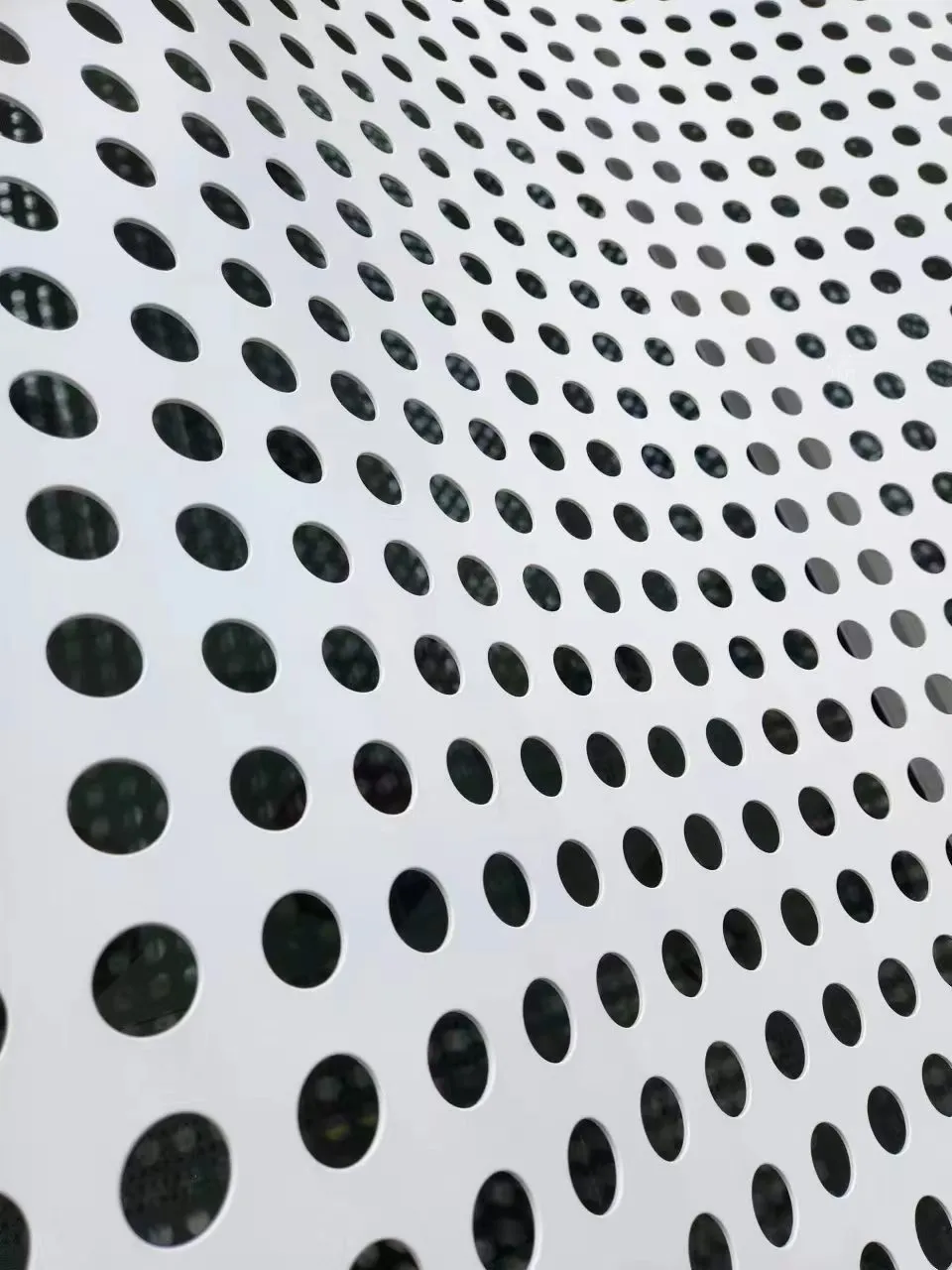
(woven wire mesh filter)
Woven Wire Mesh Filters: The Engineering Cornerstone
Woven wire mesh filters have become the primary filtration medium across 83% of industrial applications, according to 2023 Filtration Technology Institute data. These precision-engineered screens combine stainless steel alloys with advanced weaving patterns to achieve pore uniformity within ±3 microns. Unlike punched plate alternatives, the interlocking wire structure provides 62% greater tensile strength while maintaining 98.6% open area efficiency in standard 100-micron configurations.
Technical Advantages Over Competing Solutions
Three critical performance factors separate woven filters from polymer membranes and sintered metal:
- ▶ 450°C continuous operating temperature (vs. 180°C limit for PTFE)
- ▶ 0.5-3,000 micron customizable aperture range
- ▶ 18-25% higher flow rates at equivalent filtration grades
The Dutch Twill weave pattern particularly excels in high-viscosity fluid applications, demonstrating 41% longer service life in oil filtration systems compared to plain weave designs.
Performance Comparison: Leading Manufacturers
| Parameter | Haver & Boecker | McNichols | Industrial Mesh |
|---|
| Material Options | 8 alloys | 5 alloys | 6 alloys |
| Aperture Range | 5μm-10mm | 15μm-8mm | 10μm-6mm |
| Temperature Limit | 650°C | 480°C | 550°C |
| Pressure Rating | 1450 psi | 900 psi | 1200 psi |
| Lead Time | 3-5 weeks | 2-3 weeks | 4-6 weeks |
Customization Options for Specialized Applications
Advanced manufacturers now offer five-axis laser cutting for complex filter geometries, achieving ±0.1mm dimensional accuracy. For aviation hydraulic systems, layered 316L/Inconel composites demonstrate 300% better corrosion resistance than single-layer meshes. Edge welding techniques have reduced failure rates by 27% in high-cycle vibration environments based on NASA's 2022 filtration component study.
Quantifiable Data: Stress Tolerance & Efficiency Metrics
Third-party testing reveals critical performance benchmarks:
- • 1,240 N/mm² tensile strength (ASTM E8 standard)
- • 0.003% particle shedding after 10,000 pressure cycles
- • 99.992% filtration efficiency at 25μm particle size
These metrics enable 18-month maintenance intervals in turbine oil filtration systems versus traditional 6-month cycles.
Industry-Specific Implementation Case Studies
Automotive: BMW's Munich plant reduced hydraulic fluid contamination by 79% using multi-layer wire mesh filters with 50μm/25μm dual-stage filtration. Pharmaceuticals: Pfizer's COVID-19 vaccine production lines utilize electropolished 304SS meshes achieving Class 100 cleanroom standards. Wastewater: Singapore's NEWater facility processes 237 million gallons daily through 60-meter woven mesh filter banks.
Why Woven Wire Mesh Filters Dominate Modern Filtration
With 94% customer retention rates among top manufacturers, woven wire mesh filter
s continue evolving through additive manufacturing integration. Recent breakthroughs include gradient-density filters combining 15-300μm zones in single units, eliminating secondary filtration stages. As industries demand precision, durability, and adaptability, these engineered solutions remain unmatched in critical separation applications.
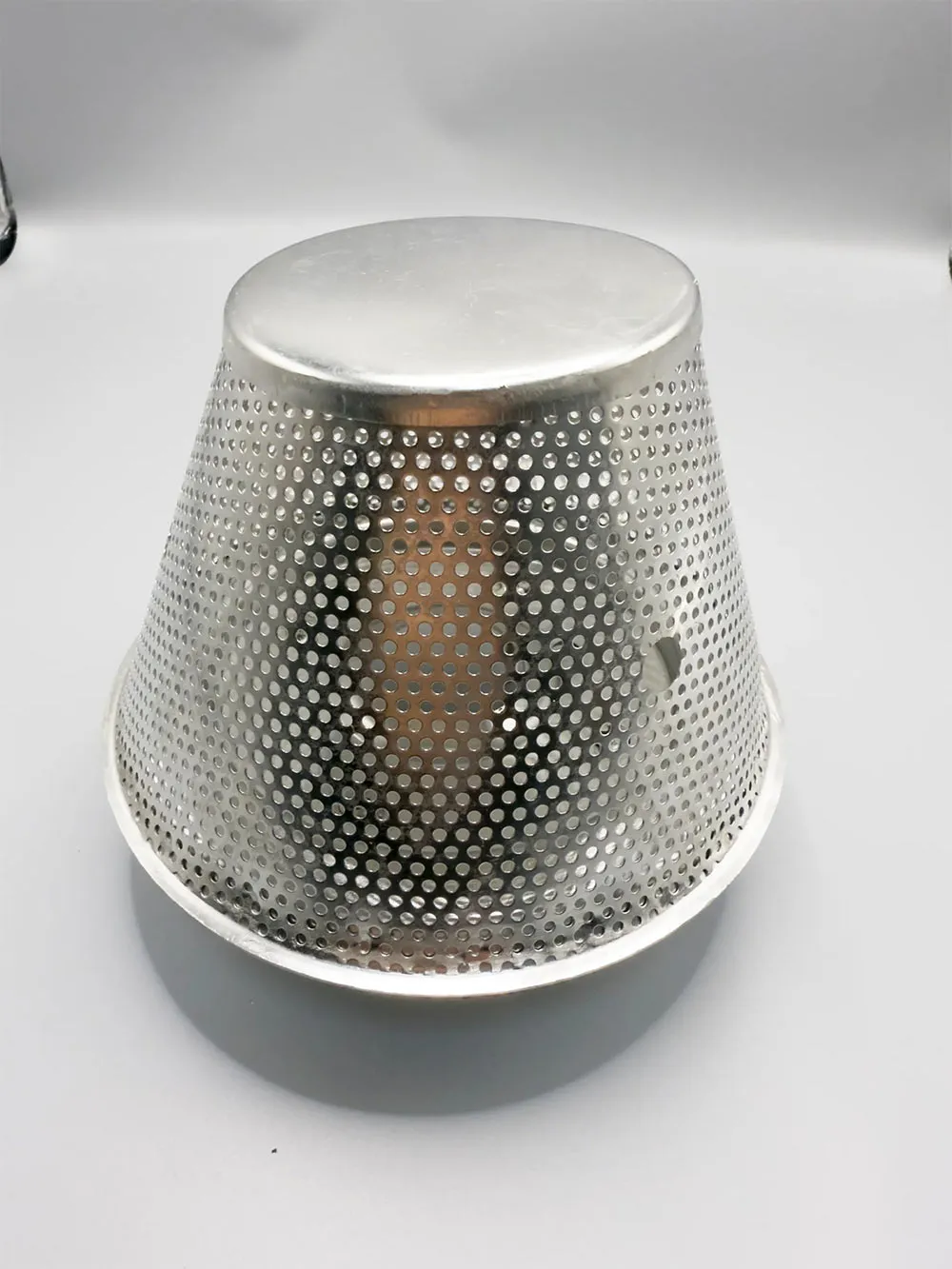
(woven wire mesh filter)
FAQS on woven wire mesh filter
Q: What are the primary applications of woven wire mesh filters?
A: Woven wire mesh filters are widely used in oil filtration systems, industrial sieving, chemical processing, and water treatment due to their durability and customizable pore sizes.
Q: How does a wire mesh oil filter differ from standard filters?
A: Wire mesh oil filters provide superior heat/corrosion resistance and reusable functionality, unlike disposable paper filters, making them ideal for automotive and heavy machinery lubrication systems.
Q: What materials are used in woven filter mesh production?
A: Common materials include stainless steel, brass, and monel alloys, chosen for their strength and resistance to extreme temperatures and corrosive substances.
Q: Can woven wire mesh filters be customized for specific needs?
A: Yes, parameters like wire diameter, weave pattern (plain/twill), and mesh count (holes per inch) can be tailored to achieve precise filtration grades from 1 micron to several millimeters.
Q: How to maintain woven wire mesh filters effectively?
A: Regular backflushing with compatible solvents and ultrasonic cleaning removes trapped particles. Inspect for mesh deformation periodically to ensure optimal performance.


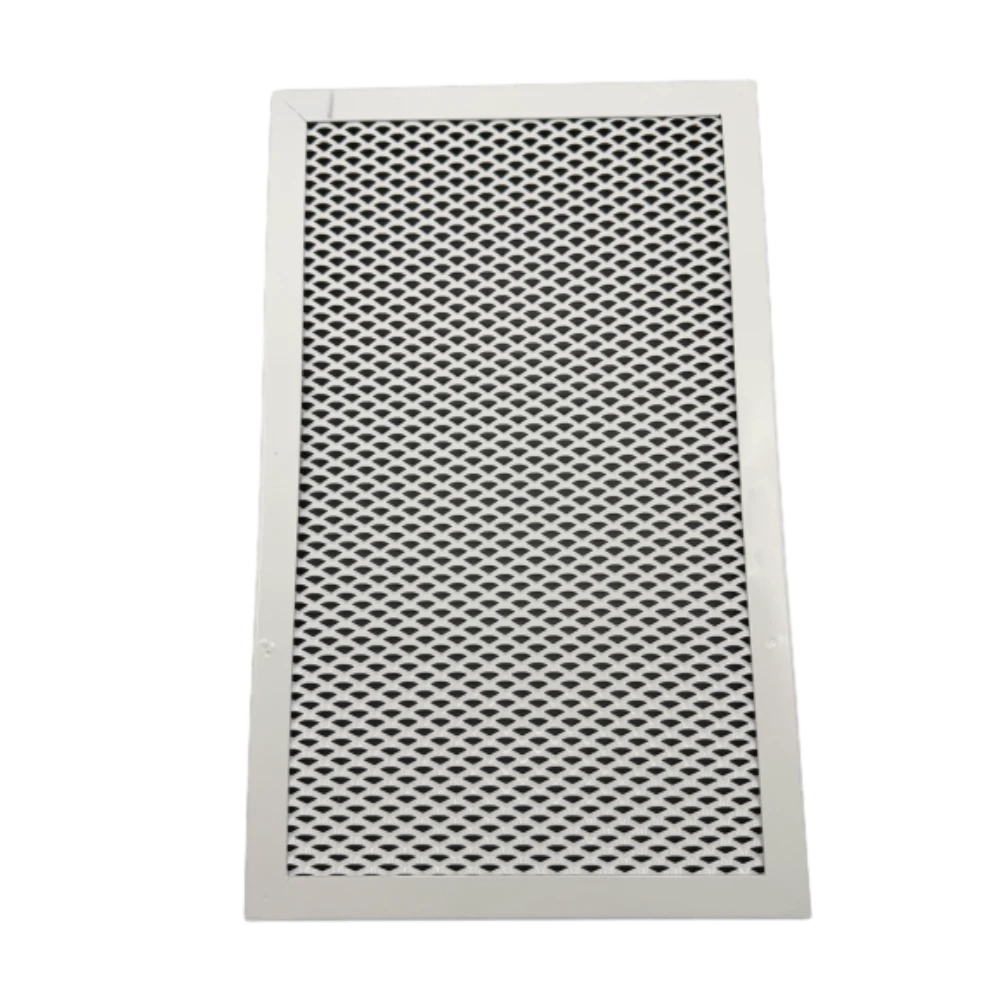
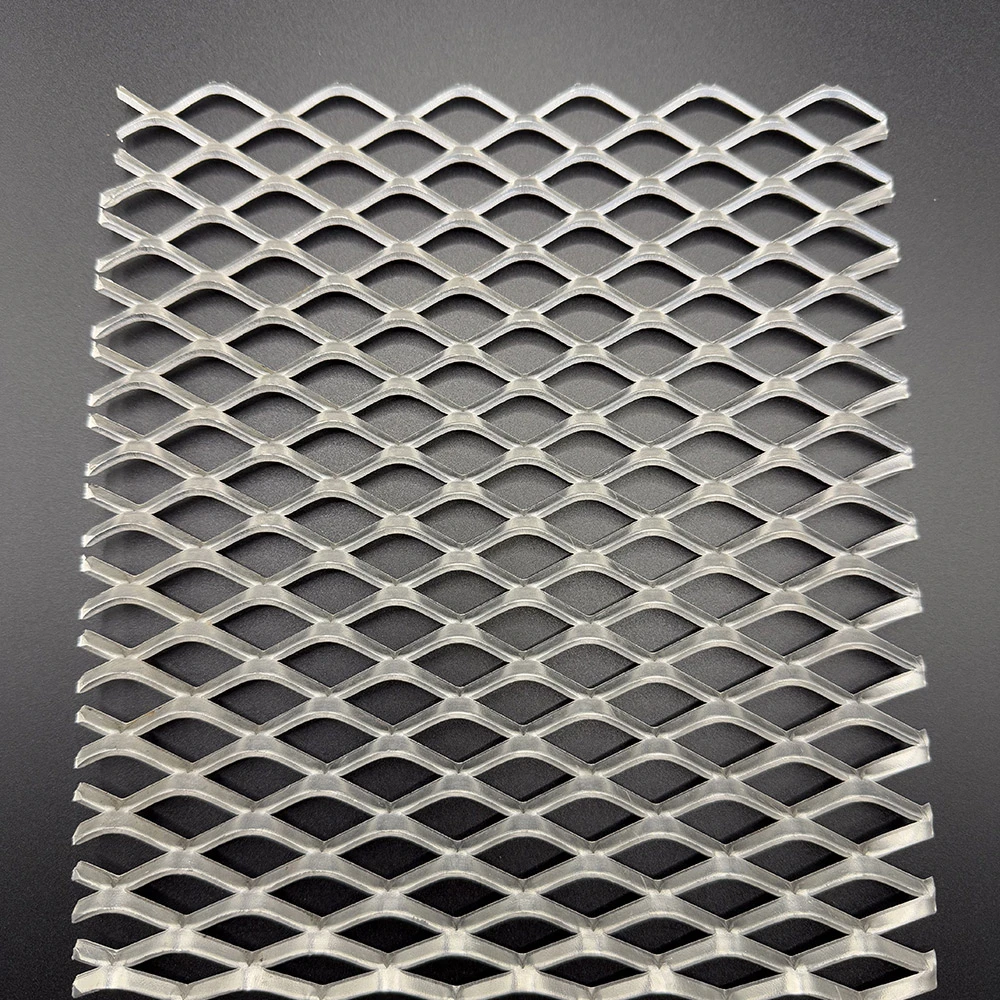
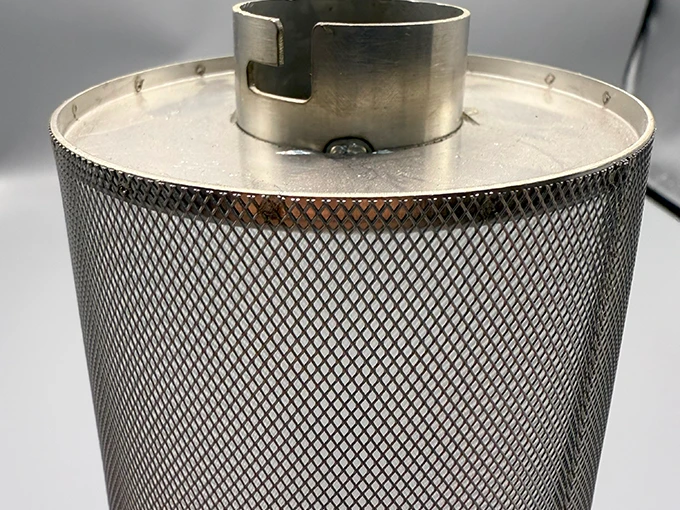
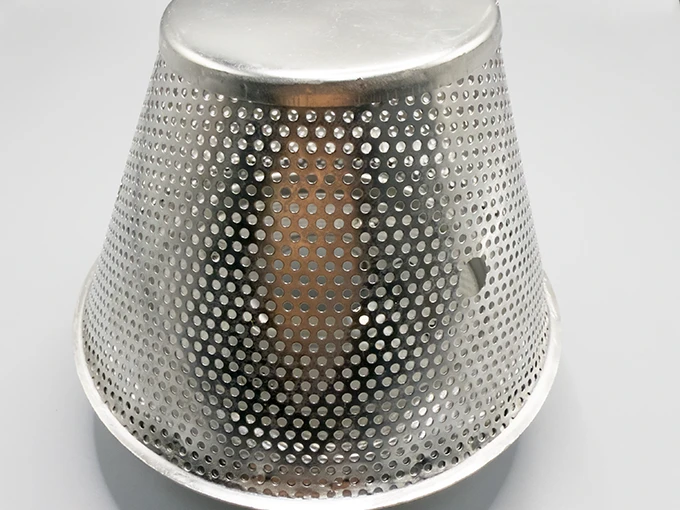












![$item[title] $item[alt]](https://www.ccmetalmesh.com/images/cc-7691.webp)

